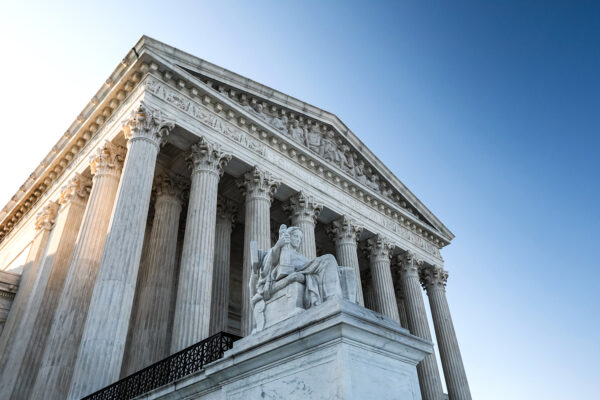
Republicans’ determination to put Brett Kavanaugh on the Supreme Court marks an escalation of the politicization of the judiciary in the United States.
Kavanaugh faces unanimous opposition from Democrats due to allegations of sexual assault, his extreme views on presidential power (Kavanaugh does not believe a sitting president can be indicted or tried) and his partisanship.
Political scientist Yascha Mounk warns in Slate that his confirmation could destroy what remains of the Supreme Court’s legitimacy.
[H]ow can somebody who has accused Democrats of a “calculated and orchestrated political hit” be seen as impartial when he rules on a gerrymandering case that could deliver a huge advantage to Republicans? How can somebody who describes serious allegations of sexual assault as “revenge on behalf of the Clintons” be expected to give both sides a fair hearing if the outcome of a presidential election should once again be litigated in front of the Supreme Court? And how can somebody who denounces the “frenzy on the left” to derail his nomination be trusted to ensure that the left’s most vocal enemy, Donald Trump, does not overstep the bounds of his constitutional authority?
Politicization
Democrats aren’t blameless. They eliminated the Senate filibuster (which effectively raises the majority from 51 to sixty) for most court appointments in 2013, when they felt Republicans were deliberately slow-balling President Barack Obama’s nominations.
But most of the blame goes to Republicans, who have been playing constitutional hardball for years.
Paul Waldman has argued that Republicans decided some time ago that there are rules and there are norms and that, while rules need to be followed, norms can be torn down whenever they find that doing so advances their political goals.
Use of the filibuster doubled under Obama. Dozens of diplomatic, judicial and lower-agency positions were left vacant. The budget process broke down and led to regular government shutdowns. Pro forma votes to raise the debt ceiling led to threats of sovereign default.
Republicans upped the ante in 2016, when they refused to even hold hearings on the Supreme Court nomination of Merrick Garland during the last year of Obama’s presidency.
Then, to put Neil Gorsuch on the Supreme Court one year later, they eliminated the filibuster for Supreme Court nominations as well.
Desperation
I explained here earlier in the week that Republicans are desperate to confirm Kavanaugh for short- and long-term reasons:
- In the short term, Republicans are afraid they might lose their majority in November’s midterm elections. If that happens, and Kavanaugh isn’t confirmed before the new Congress is installed in January, President Trump would have to nominate a judge who could get support from both parties.
- In the long term, Republicans know it will become increasingly difficult for them to win national majorities. The court system may be their last hold on power.
Problems
Megan McArdle has argued that the politicization of the judiciary creates three problems:
- It needlessly federalizes issues when devolution is what keeps a big and diverse country like the United States running.
- It radicalizes those on the losing end of a judicial decision when they feel they have no democratic recourse.
- It undermines the legitimacy of the courts if they are no longer accepted as neutral arbiters.
Solutions
There are solutions.
- Ideally, Congress would step up and legislate, so the courts would no longer have to decide issues like abortion and labor rights.
- Term limits, rather than lifetime appointments, would lower the stakes. Lee Drutman, a political scientist, explains how that would work.
Don’t count on either to happen soon.
